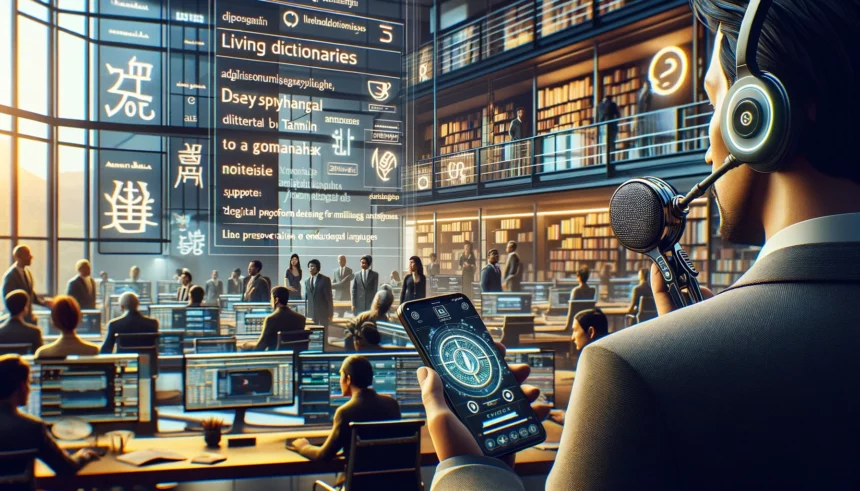Digital Age Puts Lesser-Known Languages at Risk While Offering Lifelines
As the world chats and types away online, many languages are fading fast, and tech’s preference for English isn’t helping. But it’s not all doom and gloom, as the same technology might also offer a rescue rope to these languages on the brink of being forgotten.
Romeyka, a rare Greek-like language spoken by a small group in Turkey, is one of those at risk. With its speaker base aging, there’s a race against time to save it. Professor Ioanna Sitaridou from the University of Cambridge has asked those who speak it to record their words online, lending their voice to a UN-led mission to protect native tongues.
The tech world is buzzing, but if your language isn’t on the main digital platforms, it could be left in the dust. A troubling number of languages are disappearing, and experts fear the worst, as every few months, another one goes silent forever.
Phones and computers, mostly designed in English with the Roman alphabet, leave other language speakers at a disadvantage. Think of Tamil, a language with hundreds of characters, now often written in English online because it’s just easier that way.
A big problem is that many scripts and characters from these languages aren’t in the digital texts that artificial intelligence understands. So, for the millions speaking these languages, technology can feel like a locked door.
But technology can also lend a hand. Living Tongues, a language preservation group, joined forces with an audio tech company to start “No Voice Left Behind.” They’re using a handy little microphone that connects to phones to help record languages in far-flung places.
They’ve got a platform called “Living Dictionaries” too, like a digital treasure chest for endangered or even vanished languages.
Companies like DCKAP aren’t sitting idle either. They’re crafting keyboards for languages like Tamil, inspired by how the Chinese language found its place in the digital world. And at Stanford, there’s a new initiative, SILICON, working to get more languages recognized digitally. The goal is to give all languages a fair shot online.
All these efforts are about more than just words. Saving these languages is about preserving history, culture, and the unique wisdom they carry. The stakes are high, and the race is on to make sure these languages live on in the digital era.
















